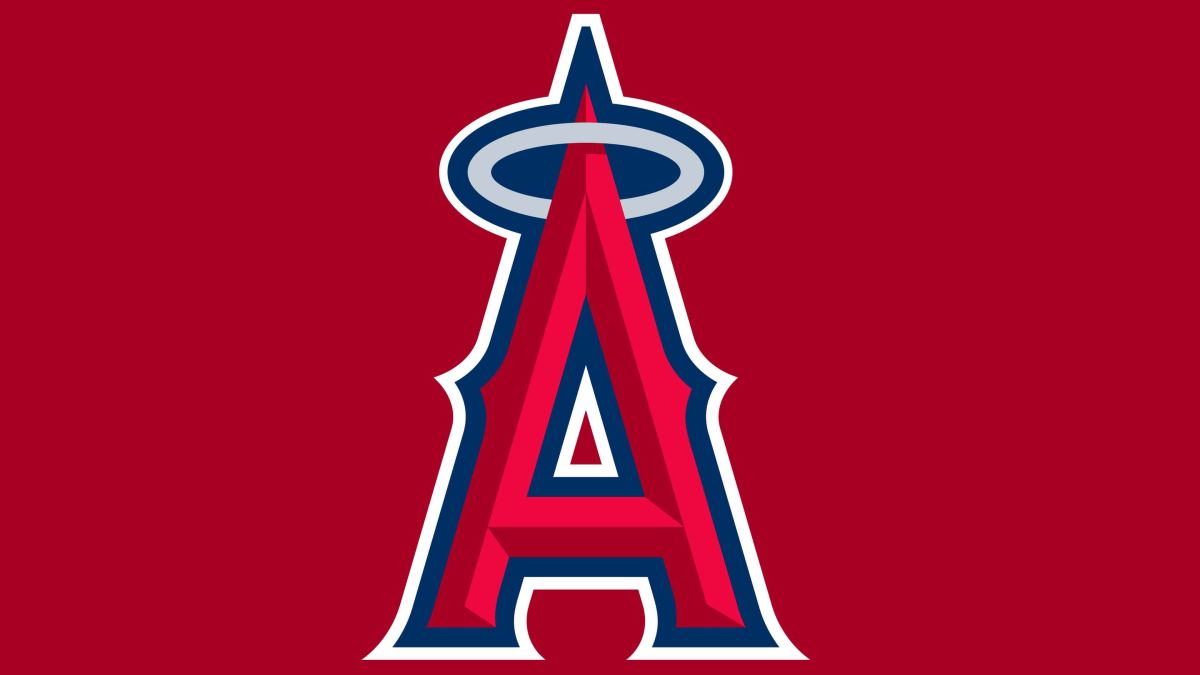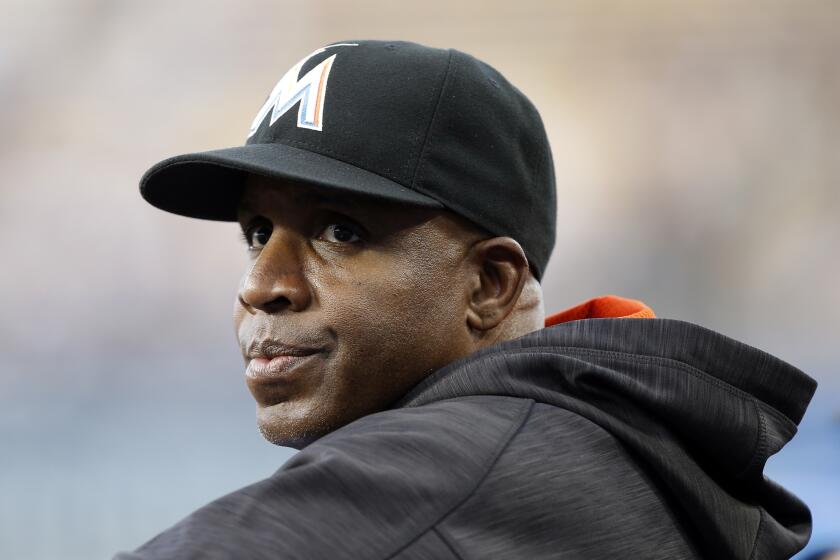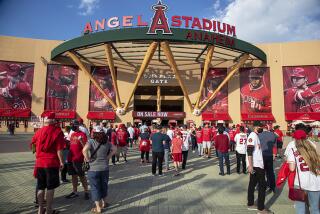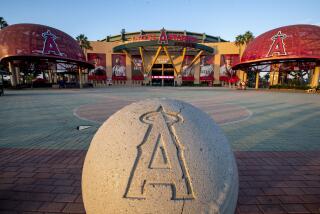Appeals court rules that Bubba Harkins’ lawsuit against Angels and MLB can proceed

The Orange County 4th District Court of Appeals reversed a Superior Court decision to dismiss Brian “Bubba” Harkins’ defamation complaint against the Angels and Major League Baseball on Wednesday, sending the case back to the lower court for a jury trial.
“I was thrilled, and Bubba is as well,” said Daniel L. Rasmussen, an attorney representing Harkins. “The appeals court recognizes that this case deserves to have its day in court, that it was premature to dismiss it at an early stage.
“Bubba hasn’t won his case or anything — he’s just starting — but he gets a chance. He deserves a chance to prove his case and to see what a jury thinks about it.”
Harkins, the team’s long-time visiting clubhouse manager, was fired by then-general manager Billy Eppler in March 2020 after the Angels learned that he was providing a blend of sticky substances to visiting pitchers to aid their grip on the baseball.
Bubba Harkins, dismissed by the Angels for providing a sticky substance to visiting pitchers to aid their grip, asks a court to reinstate him.
Harkins, who spent nearly four decades with the club, filed suit in August 2020, claiming he was made a “public scapegoat” in baseball’s efforts to crack down on the use of foreign substances. The complaint listed “defamation” and “false light” as causes of action against the Angels and MLB.
Harkins claimed he was fired without warning, labeled a “traitor, cheater and a fraud” in the wake of news reports of his dismissal and is now unemployable.
Orange County Superior Court Judge Geoffrey Glass granted a motion by the Angels and MLB to dismiss the complaint in January 2021, pointing to the fact that sources confirming the reasons for Harkins’ firing in initial news reports were anonymous, making them “inadmissible hearsay.” To prove defamation, a plaintiff must prove who exactly defamed them.
Attorneys representing Harkins, the Angels and MLB exchanged oral arguments for 45 minutes before the appeals court in November, and a three-justice panel unanimously agreed Wednesday to reverse Glass’ decision.
In its opinion, the justices wrote, “There is sufficient circumstantial evidence connecting the statements to defendants (the Angels and MLB) to allow his case to proceed.
“Because [Harkins] stated he did not speak publicly about his termination, a reasonable inference may be drawn that the media’s anonymous sources were one or more persons from Major League Baseball and/or the Angels with intimate knowledge of the situation.”
Rasmussen said he would immediately go into the “discovery” phase in preparation for a trial, which he expects to begin in about a year.
“I think [the appeals court] did a very good job of identifying all the evidence we put forward on Bubba’s behalf, including the declarations from the ballplayers,” Rasmussen said. “And the conclusion they came to is they think Bubba has sufficient evidence to move forward with this case.”
Harkins was fired by Eppler — who was recently hired as GM for the New York Mets — three days after MLB issued a memo to teams saying it would be enforcing a long-ignored policy forbidding the use of illegal substances to enhance a pitcher’s grip.
Hitters rarely complain about the use of such substances because a better grip usually means better control — and less chance of being hit in the head by a 97-mph fastball.
Though Harkins acknowledged he supplied his concoction of rosin and pine tar, known as “the sticky stuff,” to players on the Angels and other teams for many years, he claims he did not personally apply the stuff to baseballs.
David Ortiz, who led Red Sox to three World Series titles, was the only 2022 candidate elected to the Baseball Hall of Fame. Barry Bonds and Roger Clemens fell short again.
Rasmussen argued in the November hearing that Glass erred by “ignoring evidence that Bubba was scapegoated,” citing the fact that Harkins did not receive the illegal-substances memo — issued by then-MLB senior vice president and now Texas Rangers GM Chris Young — until the day he was fired.
“The memo was very clear — we haven’t enforced this in the past, we’re now going to enforce it in the future,” Rasmussen said. “So give a copy of this memo to your people and tell them they could be suspended. [The Angels] hand the memo to Bubba, but they don’t just suspend him, they fire him.
“What inference can be drawn from firing him? That we want to make an example of him. We need to tell everyone we’re serious about this, so sorry Bubba, your 38-year career is over.”
More to Read
Go beyond the scoreboard
Get the latest on L.A.'s teams in the daily Sports Report newsletter.
You may occasionally receive promotional content from the Los Angeles Times.









